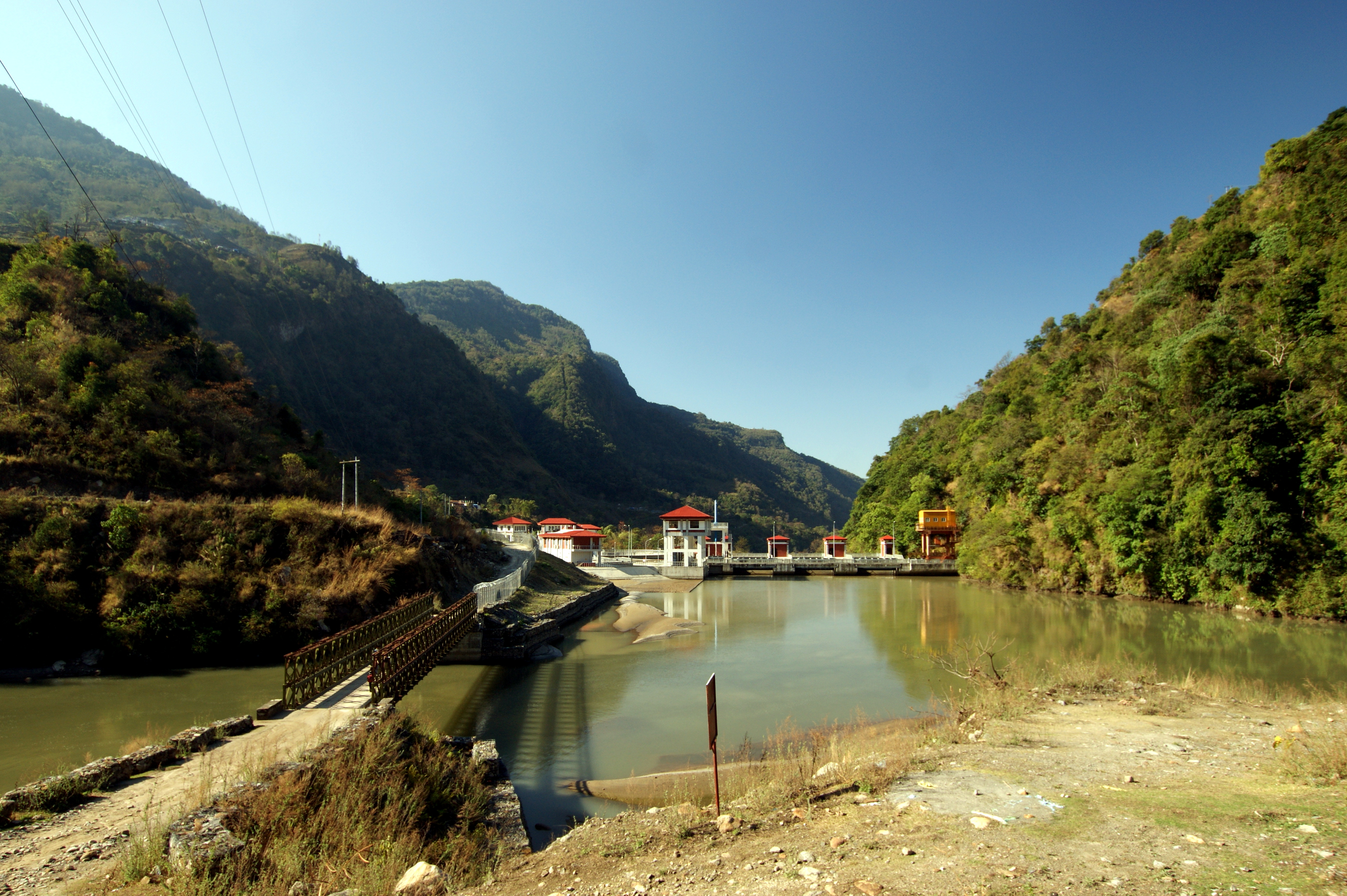|
Independent Power Producers Association
The Independent Power Producers Association Nepal (IPPAN) (स्वतन्त्र उर्जा उत्पादकहरुको संस्था, नेपाल)is an association of private developers and owners of power producers of Nepal. It is a non-profit, non-government autonomous organization and was established in 2001. Its main objective is to link the private sector and government organizations involved in hydropower generation. IPPAN is primarily a membership organization. The General Assembly comprises both institutional and individual members. The General Assembly elects the Board of Directors, which then formulates the plans and policies of the organization. As of 2020, there are 580 private hydropower projects that are in operation or under construction with a total capacity to generate 21,000 MW. The private sector has invested about NPR 600 billion in these projects. Objectives The Independent Power Producers (IPPs) generate electricity and sell to Nep ... [...More Info...] [...Related Items...] OR: [Wikipedia] [Google] [Baidu] |
Nepal Electricity Authority
Nepal Electricity Authority (NEA), founded on 16 August 1985, is the parent generator and distributor of electric power under the supervision of the government of Nepal Nepal (; ne, नेपाल ), formerly the Federal Democratic Republic of Nepal ( ne, सङ्घीय लोकतान्त्रिक गणतन्त्र नेपाल ), is a landlocked country in South Asia. It is ma .... NEA owns Hydroelectric Plants connected to the grid amounting to 480 Megawatts. It also buys power from Independent Power Producers (IPP) amounting to 230 Megawatts. It operates two fuel operated plants generating 53 Megawatts of Electricity. The total capacity of the Integrated Nepal Power System (INPS) which NEA operates stands at 1095 Megawatts. Various projects are underway to help meet the electricity demand but these have been plagued by delays. However after many such delays Nepal has seen a positive change in electricity production and distribution. For the ... [...More Info...] [...Related Items...] OR: [Wikipedia] [Google] [Baidu] |
Non-profit Organisations Based In Nepal
A nonprofit organization (NPO) or non-profit organisation, also known as a non-business entity, not-for-profit organization, or nonprofit institution, is a legal entity organized and operated for a collective, public or social benefit, in contrast with an entity that operates as a business aiming to generate a profit for its owners. A nonprofit is subject to the non-distribution constraint: any revenues that exceed expenses must be committed to the organization's purpose, not taken by private parties. An array of organizations are nonprofit, including some political organizations, schools, business associations, churches, social clubs, and consumer cooperatives. Nonprofit entities may seek approval from governments to be tax-exempt, and some may also qualify to receive tax-deductible contributions, but an entity may incorporate as a nonprofit entity without securing tax-exempt status. Key aspects of nonprofits are accountability, trustworthiness, honesty, and openness to ever ... [...More Info...] [...Related Items...] OR: [Wikipedia] [Google] [Baidu] |
2001 Establishments In Nepal
1 (one, unit, unity) is a number representing a single or the only entity. 1 is also a numerical digit and represents a single unit of counting or measurement. For example, a line segment of ''unit length'' is a line segment of length 1. In conventions of sign where zero is considered neither positive nor negative, 1 is the first and smallest positive integer. It is also sometimes considered the first of the infinite sequence of natural numbers, followed by 2, although by other definitions 1 is the second natural number, following 0. The fundamental mathematical property of 1 is to be a multiplicative identity, meaning that any number multiplied by 1 equals the same number. Most if not all properties of 1 can be deduced from this. In advanced mathematics, a multiplicative identity is often denoted 1, even if it is not a number. 1 is by convention not considered a prime number; this was not universally accepted until the mid-20th century. Additionally, 1 is the ... [...More Info...] [...Related Items...] OR: [Wikipedia] [Google] [Baidu] |
Hydroelectricity In Nepal
Renewable energy in Nepal is a sector that is rapidly developing in Nepal. While Nepal mainly relies on burning biomass for its energy needs, solar and wind power is being seen as an important supplement to solve its energy crisis. The most common form of renewable energy in Nepal is hydroelectricity. Nepal is one of three countries with the greatest increases in electricity access from 2006 to 2016, owing to grid-connected and off-grid renewables. Hydropower According to one estimate, Nepal has a hydropower potential of 83,000 megawatts (MW). Harnessing an estimated 40,000 MW is considered technically and economically feasible. Nepal currently has an installed capacity of 1142 MW coming from 88 hydropower plants across the country. Of this, 441 MW is produced by 60 hydropower plants owned by independent power producers. Most of Nepal's hydropower plants are run-of-the-river, which causes electricity supply to fluctuate according to the season. As of March 2018, as many as 1 ... [...More Info...] [...Related Items...] OR: [Wikipedia] [Google] [Baidu] |

